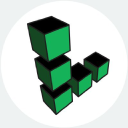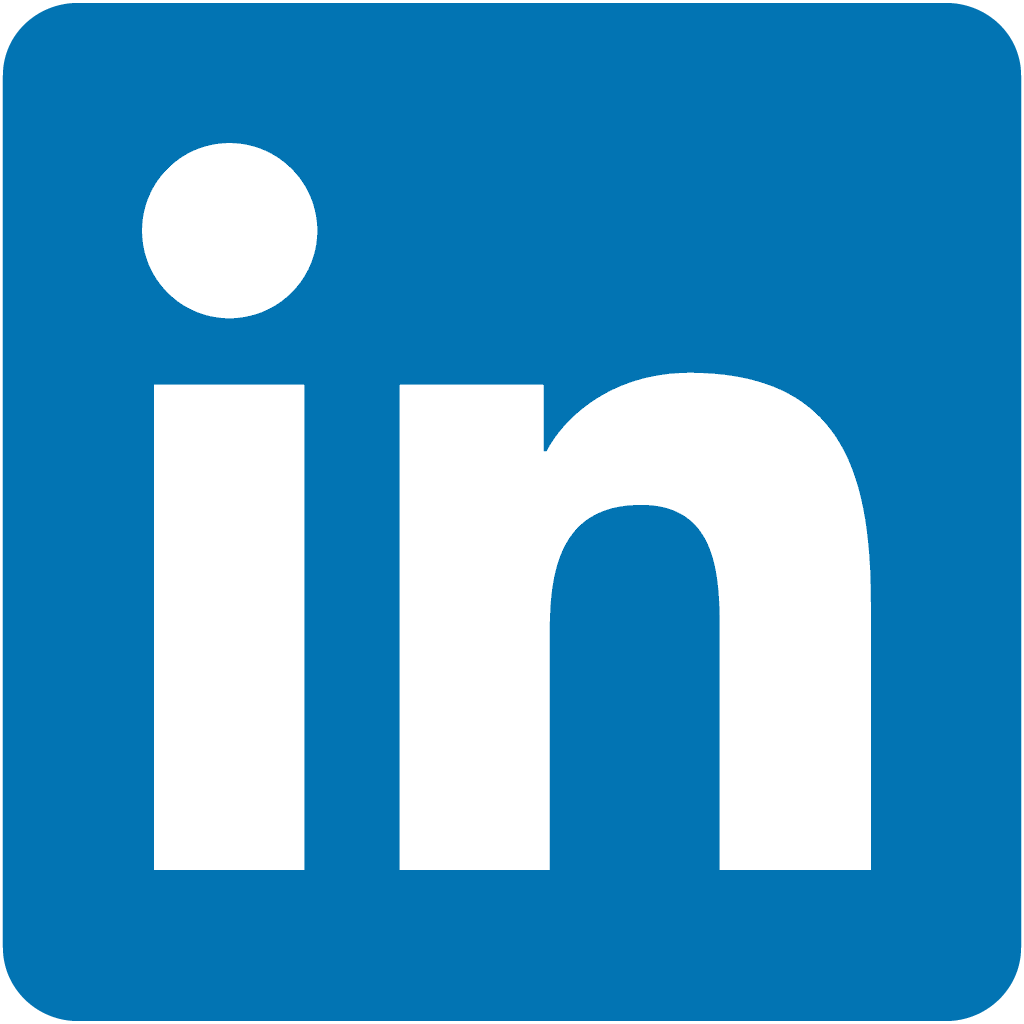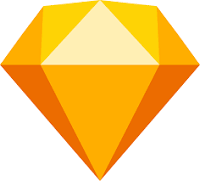How We Started A $82K/Month Custom iOS And Android Apps Development Agency
Hello! Who are you and what business did you start?
Hi! 👋 My name is Tim Bornholdt, and I’m a co-founder of The Jed Mahonis Group. We are a custom iOS and Android app development consultancy, and we specialize in building native mobile app solutions for businesses of all sizes.
We’ve grown at a steady pace over the past eight years. We currently work with several large and small organizations including Great Clips, Profile by Sanford Health, Green Mill, and the USA CUP. My business partner and I started the company right out of college by investing $250 each and have since turned it into a nearly seven-figure a year agency.

What's your backstory and how did you come up with the idea?
Growing up, I’ve always been into technology. I built my first website when I was in first grade, I built my first graphing...

Download the report and join our email newsletter packed with business ideas and money-making opportunities, backed by real-life case studies.

Download the report and join our email newsletter packed with business ideas and money-making opportunities, backed by real-life case studies.

Download the report and join our email newsletter packed with business ideas and money-making opportunities, backed by real-life case studies.

Download the report and join our email newsletter packed with business ideas and money-making opportunities, backed by real-life case studies.

Download the report and join our email newsletter packed with business ideas and money-making opportunities, backed by real-life case studies.

Download the report and join our email newsletter packed with business ideas and money-making opportunities, backed by real-life case studies.

Download the report and join our email newsletter packed with business ideas and money-making opportunities, backed by real-life case studies.

Download the report and join our email newsletter packed with business ideas and money-making opportunities, backed by real-life case studies.































